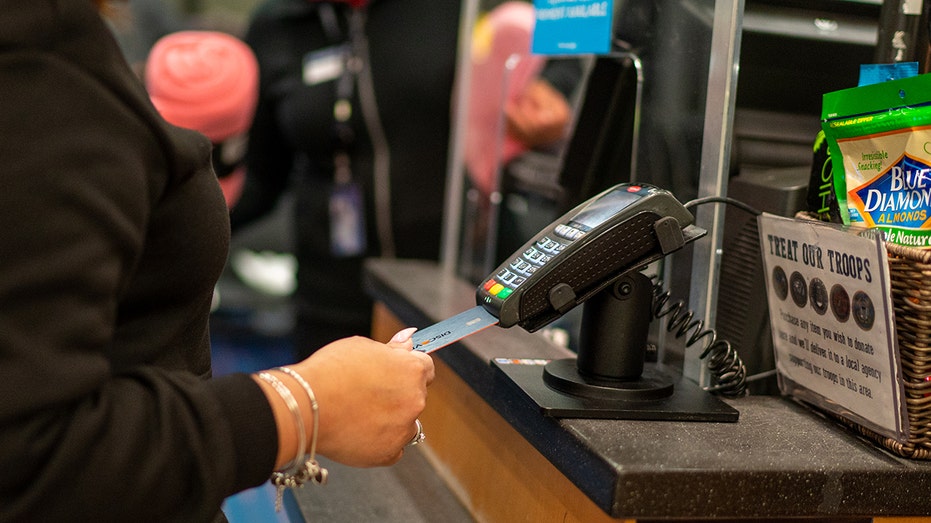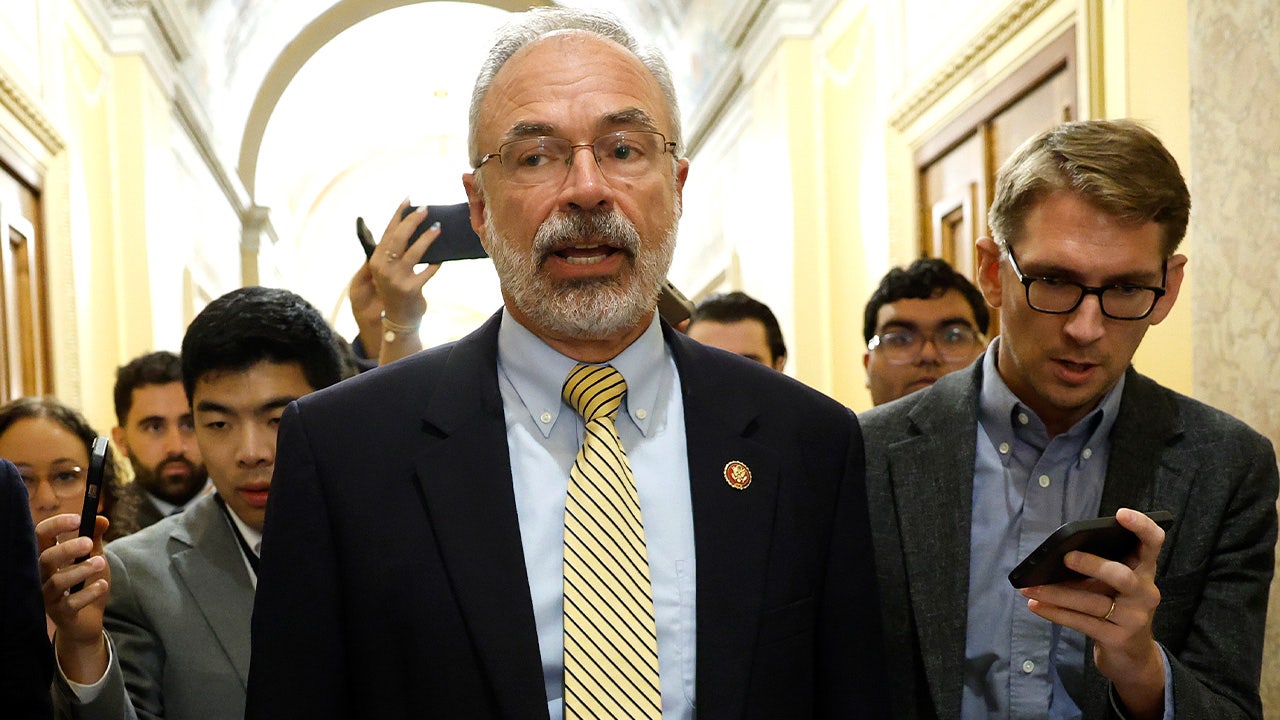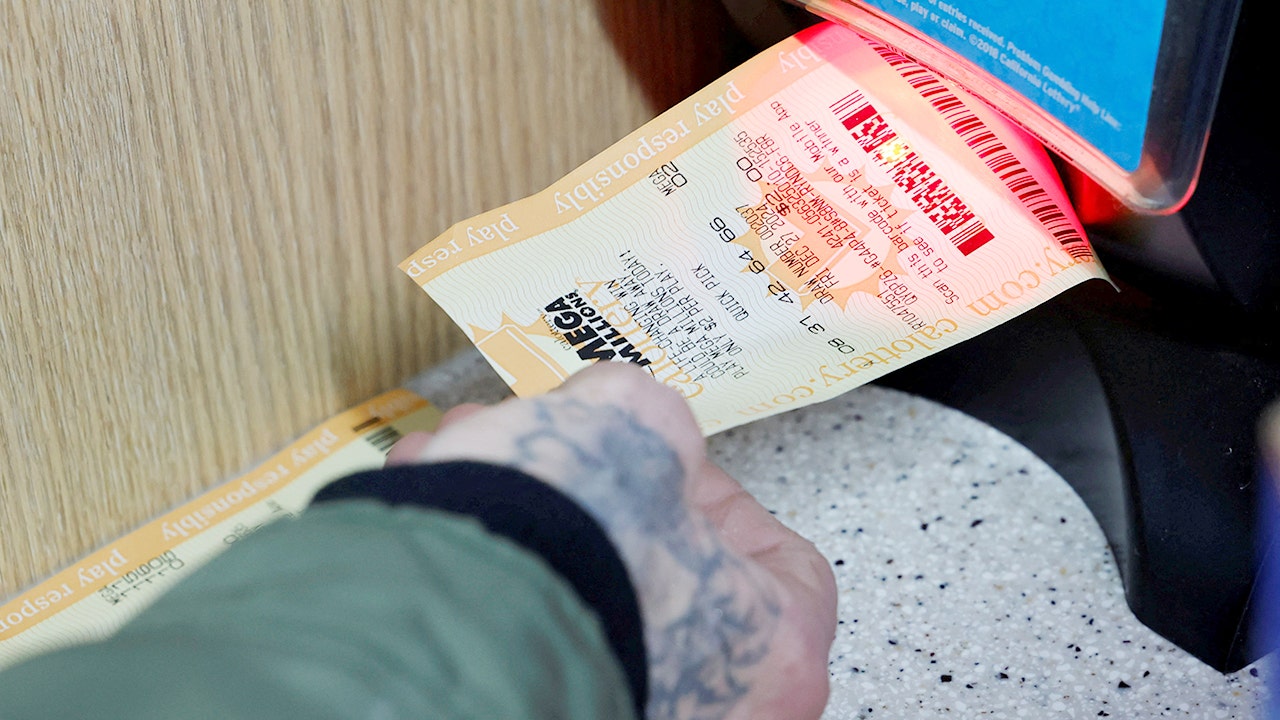Visa and Mastercard announced Monday that they reached a proposed settlement that would lower charges that merchants pay to the credit card networks.
While those fees are paid by the store every time a customer makes a transaction, they often get passed onto consumers through higher costs for goods and services.
These fees are commonly referred to as swipe fees or interchange fees, which the National Retail Federation (NRF) argued added inflationary pressure to the U.S. economy, driving up prices for households nationwide.
These fees often fall between 2% and 2.5%. But under the long-awaited deal, which would end 20 years of litigation, Mastercard and Visa agreed to lower the fees that businesses pay when customers use their credit cards by about one-tenth of a percent on most U.S. credit card purchases for five years, according to regulatory filings. This means merchants would pay 0.1% less per transaction, which could save retailers and consumers money when spread across millions of purchases.
DOJ SUES VISA OVER DEBIT CARD MARKET MONOPOLY
The NRF has long argued that swipe fees are one of the highest operating expenses for retailers, which it said drives up consumer prices by over $1,200 a year for the average family.
Stephanie Martz, NRF chief administrative officer and general counsel, said the planned reduction announced in Monday’s settlement doesn’t go far enough and that “it is a small fraction of the 2.35% average swipe fee charged to merchants in 2024 and equivalent to rolling back fees by only about one year.” Martz said swipe fees have grown by three times as much since 2010 and averaged 2.26% in 2023. She believes the new proposed settlement should be rejected.
The National Association of Convenience Stores (NACS) echoed this sentiment, saying that the settlement should be rejected because “it will not benefit merchants and consumers and would provide the credit card giants legal immunity to increase fees and anti-competitive practices.”
CREDIT CARD DELINQUENCY RATES HIT WORST LEVEL SINCE 2012 IN NEW FED STUDY
Mastercard told FOX Business that it believes the deal is the “best resolution for all parties, delivering the clarity, flexibility and consumer protections that were sought in this effort.”

With the deal, Mastercard said smaller merchants will gain more acceptance choices, reduced costs and simplified rules.
“Even more, it allows us to focus our energies on continuing to give consumers, small businesses and larger merchants what they expect from Mastercard – a better payments experience, strong value and peace of mind,” the company said.
Visa said the proposed settlement with U.S. merchants of all sizes “would provide meaningful relief, more flexibility and options to control how they accept payments from their customers.”
The terms of the deal would also give merchants more power by loosening the requirements that state that if they accept one of the network’s cards, they would be required to accept all of them. For example, stores could choose whether to take consumer cards, business cards, or both. Within consumer cards, they could decide whether to accept standard cards, premium rewards cards, or both. But merchants can’t pick and choose between banks, which means they can’t accept a Chase Visa but reject a Citi Visa if both are the same card type.

The deal still needs to be approved by a federal judge in the Eastern District of New York before it becomes final. The settlement would resolve ongoing U.S. merchant litigation against Mastercard and Visa that is related to interchange fees and merchant rules. Both companies were sued by merchants over how they set and enforce credit-card swipe fees and rules that limit how merchants can steer customers toward cheaper payment methods. Those cases have been ongoing since 2005. The companies have not admitted any wrongdoing.
VISA, MASTERCARD CAN LIKELY HANDLE SWIPE-FEE SETTLEMENT BIGGER THAN $30 BILLION: JUDGE
The changes to its fee system and card-acceptance rules aren’t expected to take effect until the court approves the settlement, which is expected sometime in late 2026 or early 2027.
Read the full article here











